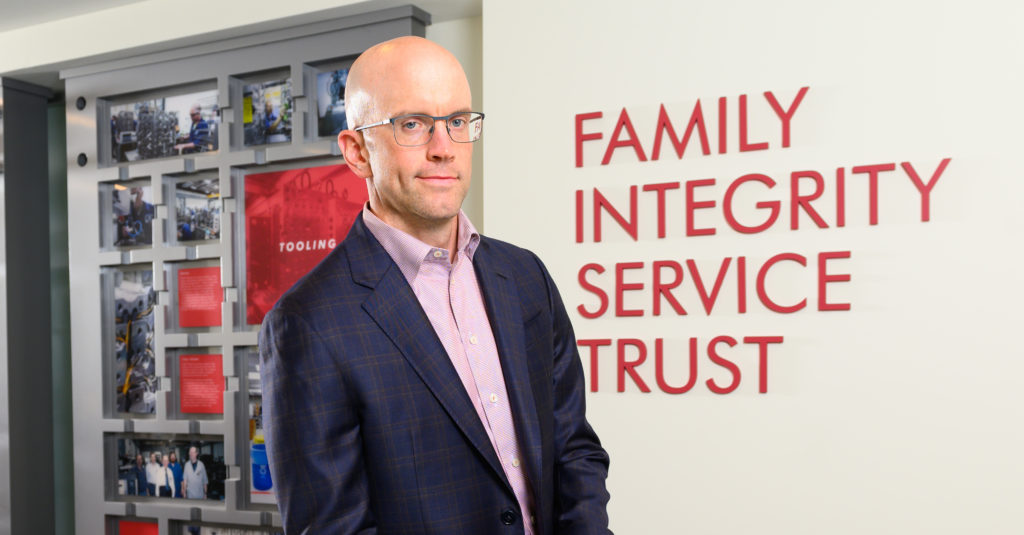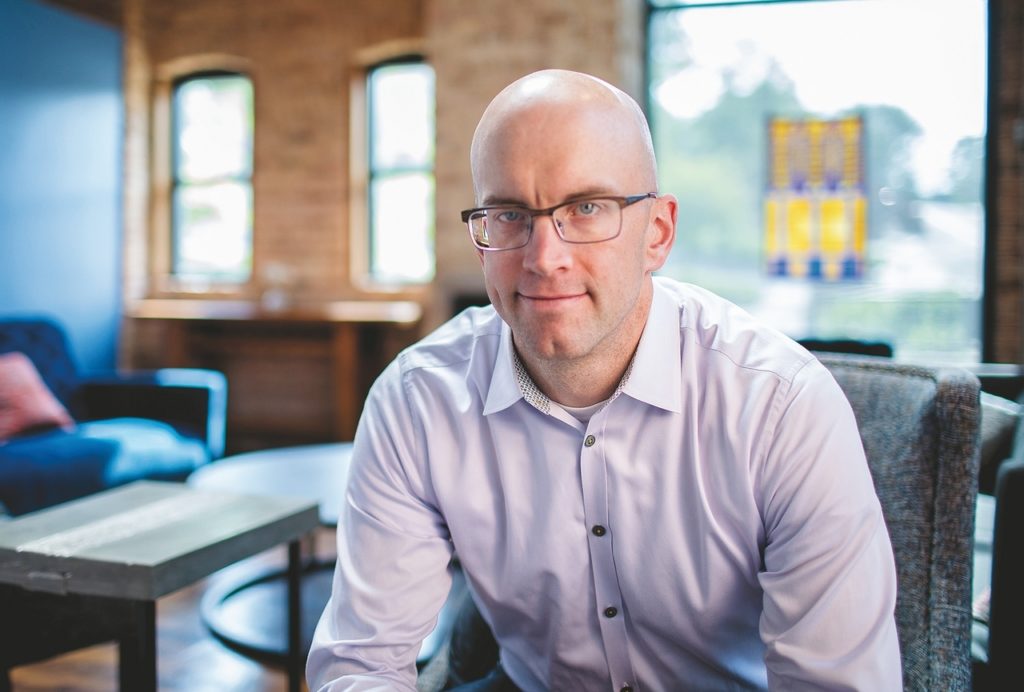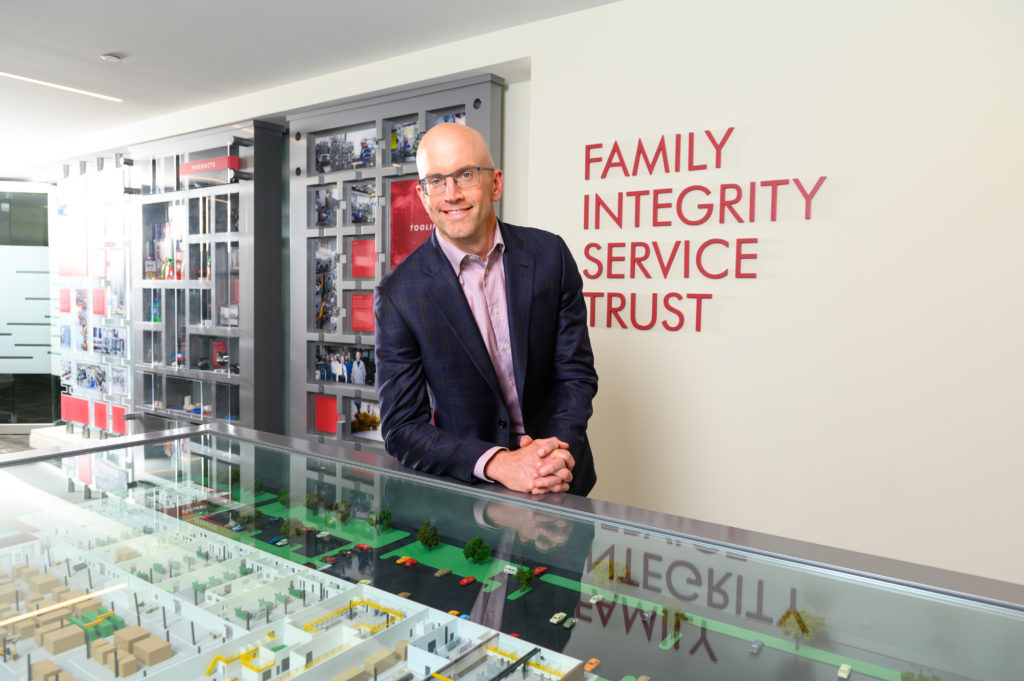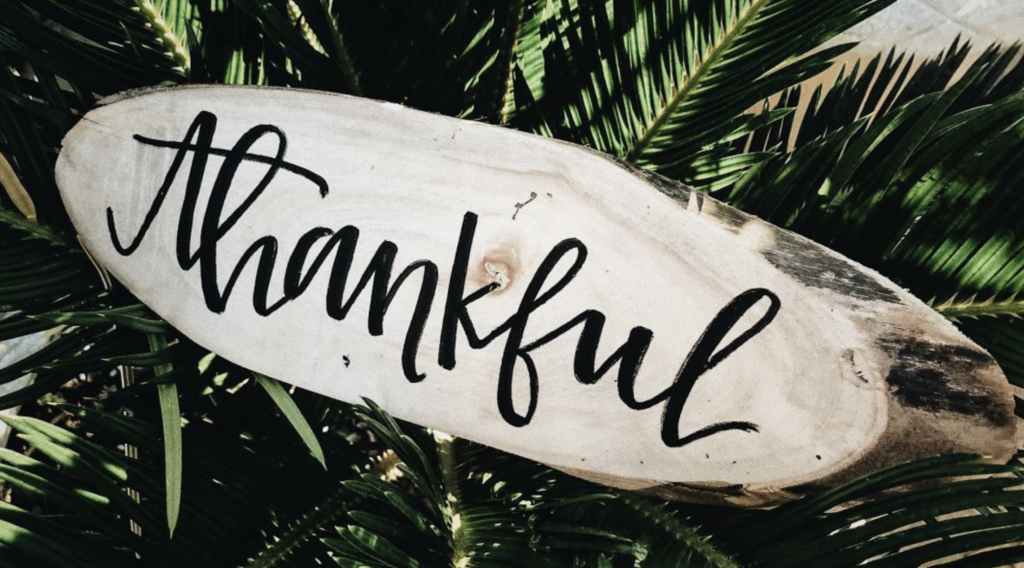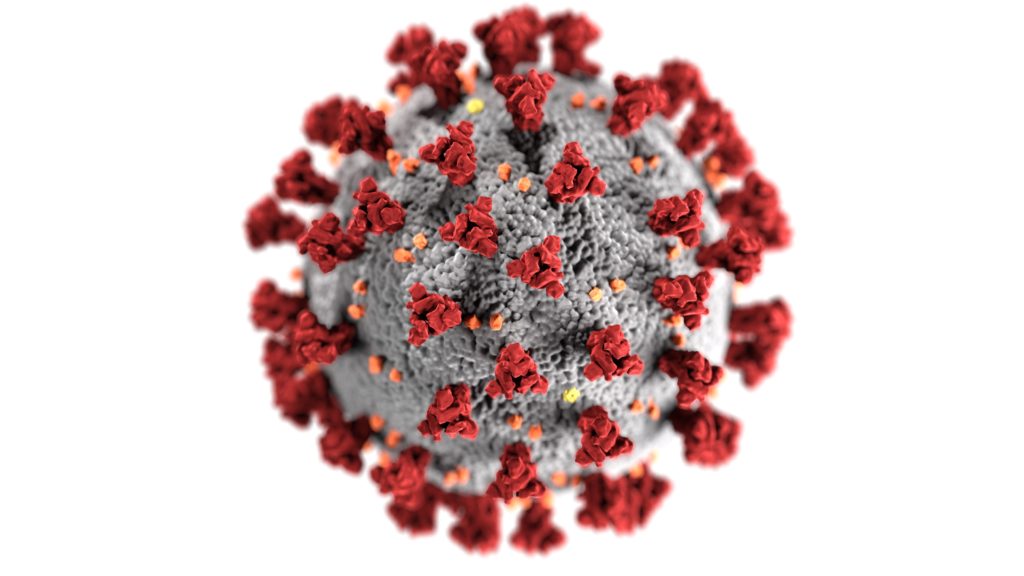Occasionally, I pause from leadership topics to write a more personal post. This is one of those. What follows may seem fictional, but I can assure you that it is not. My ask is that you share this post with someone if you think it will give them encouragement.
My story begins with a small pain, the kind that is both not that noticeable, but never fully gone. After living with this on-and-off again pain throughout the Summer, I mentioned it to my doctor during my annual physical. Is it a hernia, I asked? She was not concerned, but referred me to a surgeon just to be sure.
Before using her referral, however, I wanted to make an appointment with another surgeon I knew personally from my golf club. So, I called his office and tried to make an appointment. The switchboard, however, asked me several questions, and I ended up being told I needed to see someone else altogether. While this sounds immaterial, it later became important because it forced me to see the surgeon my doctor had ultimately referred me to.
A week later, the day after my birthday no less, I discovered I needed double hernia surgery. While this surgery was needed—eventually—the doctor gave me the option for “watchful waiting.” So, over the course of the next week or so I prayed and asked God for some guidance as to what I should do. While I did not feel an “epiphany,” I did come to terms with the peaceful feeling that October 23rd would be my surgery date and the best time to get this taken care of. Health first, I thought.
Little did I know how much the health first lesson would be driven home in the following weeks…
The surgery day came and the procedure went seemingly well. That is until I tried to walk post procedure. I immediately felt a pain that I had never had before. I felt so nauseous that I almost passed out. The nurse assured me that this was normal, probably a side-effect of the anesthesia. A few hours later, Sarah and I were at home eating a small dinner.
It was the last meal I would eat for seven days.
The next morning began with more serious pain. I felt bloated, tired, and simply uncomfortable. The doctor had told me prior to surgery that I would be okay to walk the neighborhood the day after surgery, but that felt like a pipe dream. Tomorrow, I thought.
Tomorrow came but it was much worse. This led Sarah to call the doctor on call, and I will spare you the details of what the doctor suggested that I try to alleviate my symptoms because they were the kind of measures too embarrassing to share here. “If they don’t work,” the doctor said, “then you need to come in.”
By 8 p.m. I was admitted into the emergency room. This led to a quick CT scan and the emergency room doctor telling me that I was going to be admitted after they inserted an “NG Tube” into me.
Objective Pause 1.0
What is an “NG Tube?” A nasogastric tube (NG tube) is a special tube that carries food and medicine to the stomach through the nose. In other words, the only way in is up through the nose and down into the stomach. I asked the nurse how long “this fun” (I used those words) would take, and she said that it would be the “longest” two minutes of my life. With that, I told Sarah to take a walk, and the three of us (another nurse was present) started the weirdest “fraternity” party of my life —I call this a “fraternity” party because one nurse yelled for me to “chug” water through a straw while the tube went down my throat. This was to ensure that it went into my stomach and not my lung.
I cannot find any two minutes that capture 2020 more than these two.
The days—not hours—to come were complex. The first day featured a litany of tests that confounded my doctor because I passed them all. Could this simply be that my stomach was “slow” to wake up post-surgery? In hopes that this was the case, the doctor ordered a test where a “dye” was injected into my IV. The goal was to see whether it could make it all the way through my system. While this is a little gross to put in writing, it is important to share because a few hours later led to the closest thing I have ever experienced in terms of a dark night of the soul.
It was about 8 p.m. in the evening, or about 5 hours after the test had begun, when the pain went from a “5” to a “10.” I was writhing in pain by 8:30 p.m. I am not too proud to admit that I began crying out God. This is no figure of speech either, I was so uncomfortable that I was literally talking aloud in my hospital room. By 11:30 p.m. the pain was so intense that I was asking Jesus to take me home.
Objective Pause 2.0
There is much to say about pain and why God allows pain in our lives. There is a lot to say even about sin, the fallibility of man, and theology in general. I am happy to go into more detail of what I believe in person, but suffice it for now to say that I have gone astray in my personal life. I am a sinner, meaning I often choose “my will” and preferences, over God’s. Further, I often think “my way” is best. But it never is. While this does not fully explain pain, the reality is that one day I will die because death is the natural consequence of separation from God (the source of life). So to a certain extent, the pain I was feeling in this instance may not have been “fair,” but it was certainty not “unjust.” In fact, it is only because of amazing grace that I don’t experience more pain in my life.
Objective Pause 2.5
I would also be remiss to say that even though I have had moments in my life where I felt God speak in one way or another, this moment was not one of them. That said, and as events would play out, I still never felt alone. This was admittedly an odd juxtaposition. But, spiritual life is not simple or explainable. So, I cannot adequately explain any of this and make note of that reality here.
By the mercy of God, the pain eventually subsided throughout the night. The next morning I began circling the hall of my hospital floor pushing my IV. I was encouraged to do this by the doctor in order to get my system moving. The nurses cheered me on as I walked lap after lap (about 380 feet per lap). I would end up totaling over 100 laps over the course of the week, an accomplishment that the fighter in me is proud of!
For the sake of time, the next two days were a mixed bag. There were moments when my system seemed to indicate that I was on the path to healing. But, these were quickly followed by the harsh reality that something was still very wrong. By 5:00 p.m. on night four in the hospital, the surgeon looked at me and said that he thought he needed to operate the next morning. I fully agreed.
Objective Pause 3.0
As the surgeon told me, you never want to be the “odd” medical case. Nor, do you want to be the case that stumps the surgeon. Nor, do you want to be the case the surgeon needs help on. Nor, do you want to be the case that delays all the other surgeries the following morning. As luck would have it, I was all of the above!
I awoke early the morning of October 30th and did my Bible reading. Afterwards, I spent time praying for the nurses, staff, and doctors that would take care of me that day. I cannot explain how or why, but I had a sense of confidence. The one thing I wanted to avoid was MORE surgery, yet over the course of the previous five days, I had surrendered to God’s will. In fact, I told God, “I do not like what is happening, but I trust you Father. I do not get it, but I know you are Good. My hope is not in this surgery being successful, but in an eternity with you.” In fact, the more alone time I had that week, the more I realized how vain my hopes often are: business, success, political outcomes, material things, etc. These things are not bad, they just are not as important as I often make them. I also thanked God for how strong my wife is and was through all of this. What a blessing it is to have a rock, human speaking, in times like these! I am blessed beyond belief!
As I lay on my bed awaiting surgery, I observed how beautiful the culture is at Delnor Hospital. Nurses hugged each other, doctors gave each other fist bumps, and everyone treated me with respect. My surgeon was ALL-IN throughout the week and met me before 6:30 a.m. on surgery day. Having sported a University of Iowa headband during our first surgery, the historian in me joked that today, “we are all Hawkeyes,” which made him laugh (look up President Reagan’s exchange with his surgeon in 1981 for context).
The good Lord took it from there. Here are the two texts Sarah sent our family to summarize how my surgery went:
“Surgery was a success! Praise the Lord. Apparently there was a small tear in the periteneum (sp?)—thin layer between muscle and intestines. This happened during surgery or after. We don’t know. But a small piece of the small intestine got caught in it and caused an obstruction. Dr pulled it out—intestine is totally healthy so he put it back in place and sewed the hole shut. (This is my layman’s understanding lol!). Bottom line is he will be fine!!! Hopefully going home tomorrow or Saturday. Thank you for your prayers. God is so good even when things are hard. And we are so thankful for the community of support we have!
Another cool god thing is that the surgeon said in 25 years of practice he’s never seen this happen. BUT recently there was a virtual surgery conference and he happened to click on a session about post op complications that showed exactly this. It’s what gave him the nudge to do surgery and it was exactly what he found.”
Objective Pause 4.0
I am thankful that I somehow was directed to this surgeon, even when I tried to make an appointment with a different one. I do not have enough faith to believe this was happenstance. Rather, I believe it was the divine hand of God.
5 Lessons
As I write these words, six days have now passed since my second surgery. My health continues to improve, and I am walking about 3 miles per day outside! Here are some thoughts to end this post:
- In manufacturing, and apparently surgery, things happen. It is not a matter of “if”, but rather a matter of how you react when they do. I thank God that I had someone who worked the problem with me. This is what leaders do! (And, in case you are wondering, as unfortunate as my situation was, I hold no ill-will or blame towards anyone.)
- I spent seven days not eating, most experiencing the pain of my small intestine breaching an abdominal wall. Still, my self-talk during this week often revolved around calling myself names for not being a “man” with pain. This is a humble lesson to learn. Negative self-talk does not help anything. Further, I will take pain a lot more seriously in the future.
- While this blog will continue to talk about leadership and personal development, this experience teaches me that my priorities are: God, health, Sarah, kids, and everything else. Why that order? Because without health I am of little good to Sarah, the kids, and Hoffer Plastics.
- While I was in the hospital, Hoffer Plastics had an AWESOME October. I am so replaceable it is both funny and awesome. This is just one more reason to take health seriously…(Great job team!)
- While I cannot speak for anyone else, my hope is rooted in the eyewitness account of the resurrection of Jesus. Nothing else matters.
In closing, I suppose if 2020 has taught me anything, it is to keep the faith when life gets hard, humility is a virtue we should all strive for, and always expect the unexpected.

